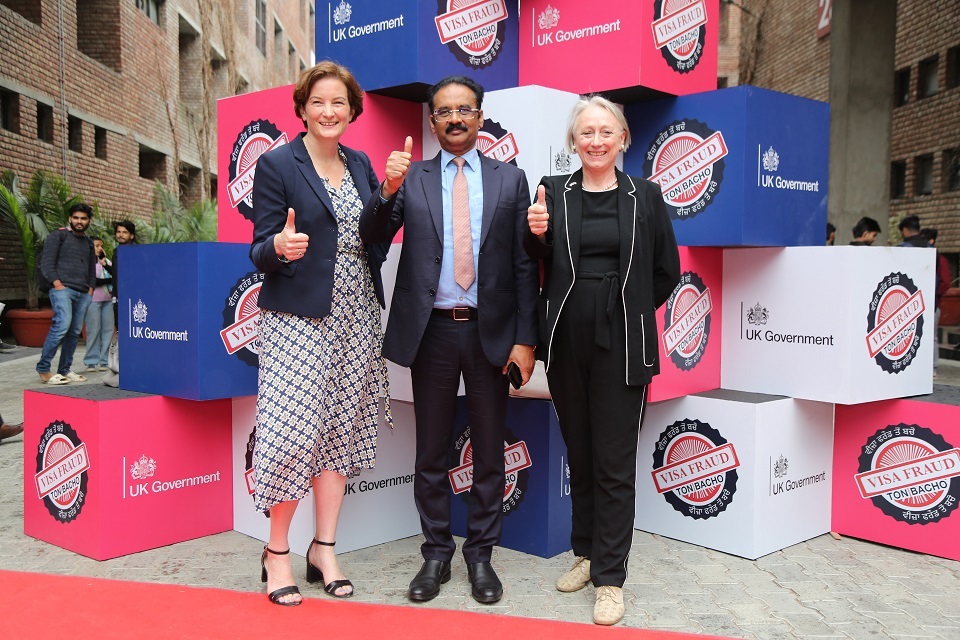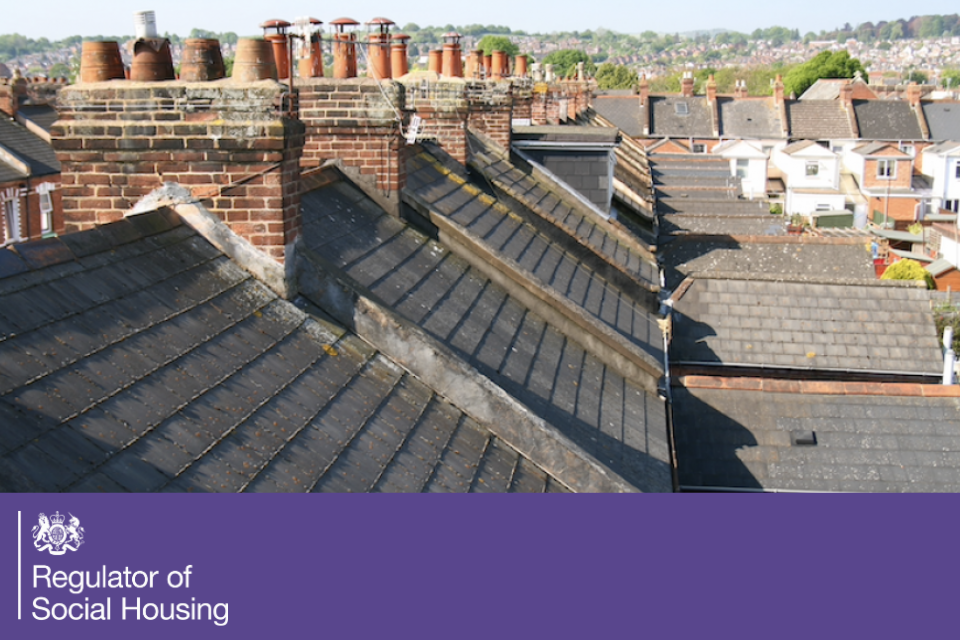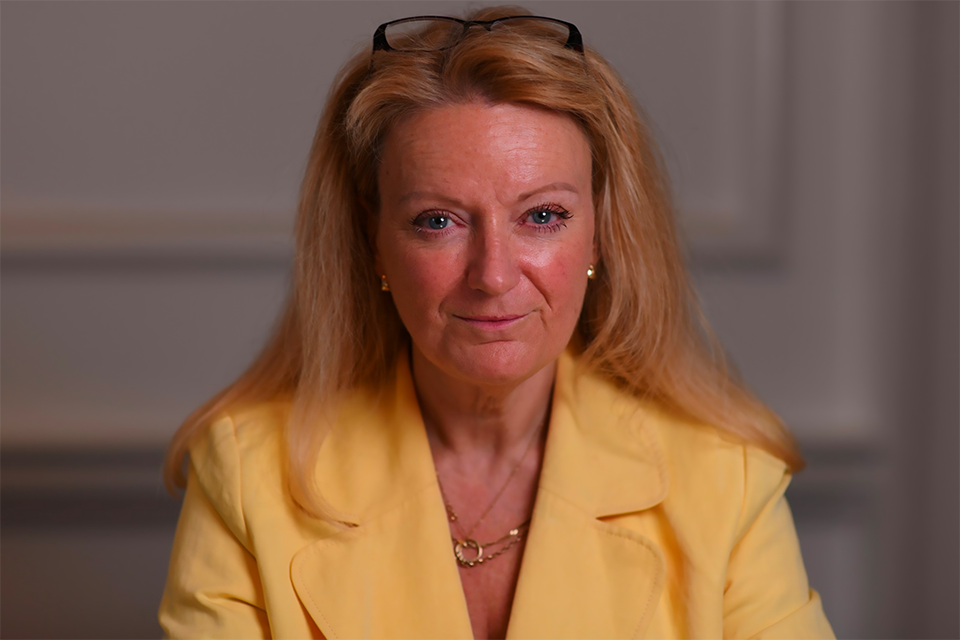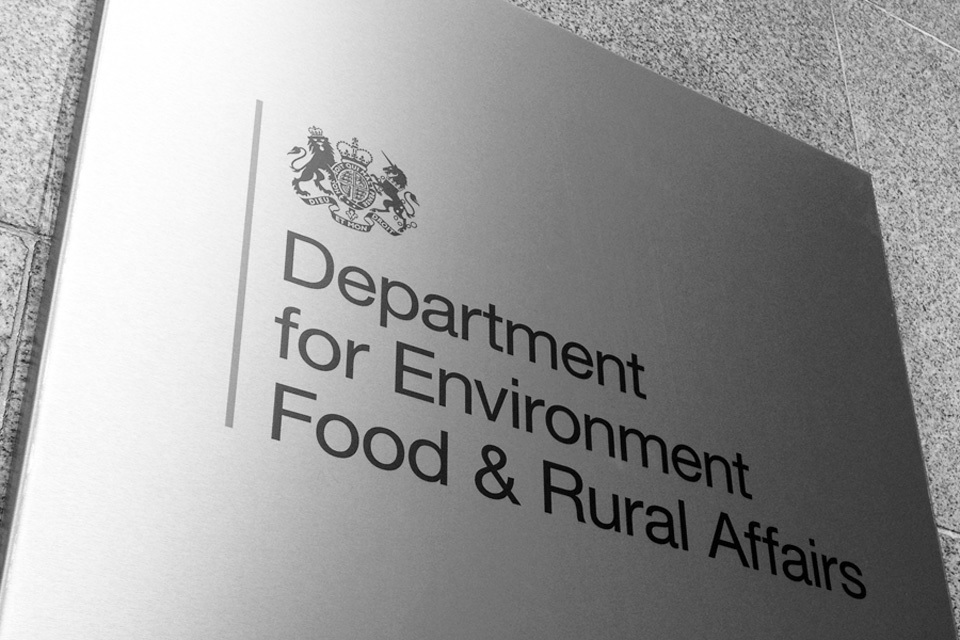The Regulator of Social Housing has today (27 February 2025) published the results of its latest quarterly survey of private registered providers’ financial health. The report covers the period 1 October 2024 to 31 December 2024.
Landlords invested £3.9 billion on building and acquiring new homes (up from £3.2 billion in the previous quarter), though the year to December 2024’s investment of £13.7 billion was £0.9 billion lower than the year to December 2023.
Social landlords are making vital improvements to tenants’ homes and building new homes for the future. They continue to invest record amounts in new and existing stock, though there are indications that development spend has peaked.
Spend on repairs and maintenance totalled £2.3 billion in the quarter. In the year to December a total of £8.7 billion was spent, with a further £9.8 billion forecast for the next 12 months.
Over the next year, they plan to spend a further £14.8 billion on development, only £10.5 billion of which is currently committed. This is a reduction from £15.6 billion of planned spend and £10.9 billion of committed spend forecast in the previous quarter, meaning forecasts are now at the lowest amount since the start of the pandemic.
Lending to the sector remains robust, with £2.6 billion of new finance arranged in the quarter.
However, a high level of debt drawdowns resulted in a decrease in undrawn available facilities and cash balances remain at historically low levels.
Total cash and undrawn facilities of £33.4 billion are still enough to cover forecast interest costs, loan repayments and development for the next year.
Aggregate cash interest cover (excluding sales) stood at 82% for the 12 months to December 2024 and forecasts show a further deterioration is expected.
Performance varies among individual landlords. Some of the lowest levels of interest cover are driven by high levels of spend on existing stock by some large providers.
RSH continues to monitor and engage with landlords, particularly those that have a reliance on sales to support their cashflows.
Will Perry, Director of Strategy at RSH, said:
“Social landlords continue to face pressures on multiple fronts.
“The sector is building substantial numbers of new homes for the future, with actual and forecast development spend close to pre-pandemic levels.
“That said, there has been a notable drop in forecast development spend as landlords continue to invest record amounts on existing stock, including on vital work to improve fire safety and damp and mould.
“Our regulation is key for investor confidence and we will continue to scrutinise the sector’s financial performance and its ability to manage risk through these surveys, alongside our inspections and stability check programme.”
Notes to editors
-
The report is based on the financial regulatory returns from 203 private registered providers (housing associations and other private registered providers, including for-profits), who own or manage more than 1,000 homes.
-
Through its annual stability checks, RSH considers whether each provider’s current viability grade is consistent with the information contained in their regulatory returns. RSH focuses on indicators of financial robustness and evidence of any significant changes in risk profile.
-
RSH promotes a viable, efficient and well-governed social housing sector able to deliver more and better social homes. It does this by setting standards and carrying out robust regulation focusing on driving improvement in social landlords, including local authorities, and ensuring that housing associations are well-governed, financially viable and offer value for money. It takes appropriate action if the outcomes of the standards are not being delivered.
-
For general enquiries email [email protected]. For media enquiries please see our Media Enquiries page.











